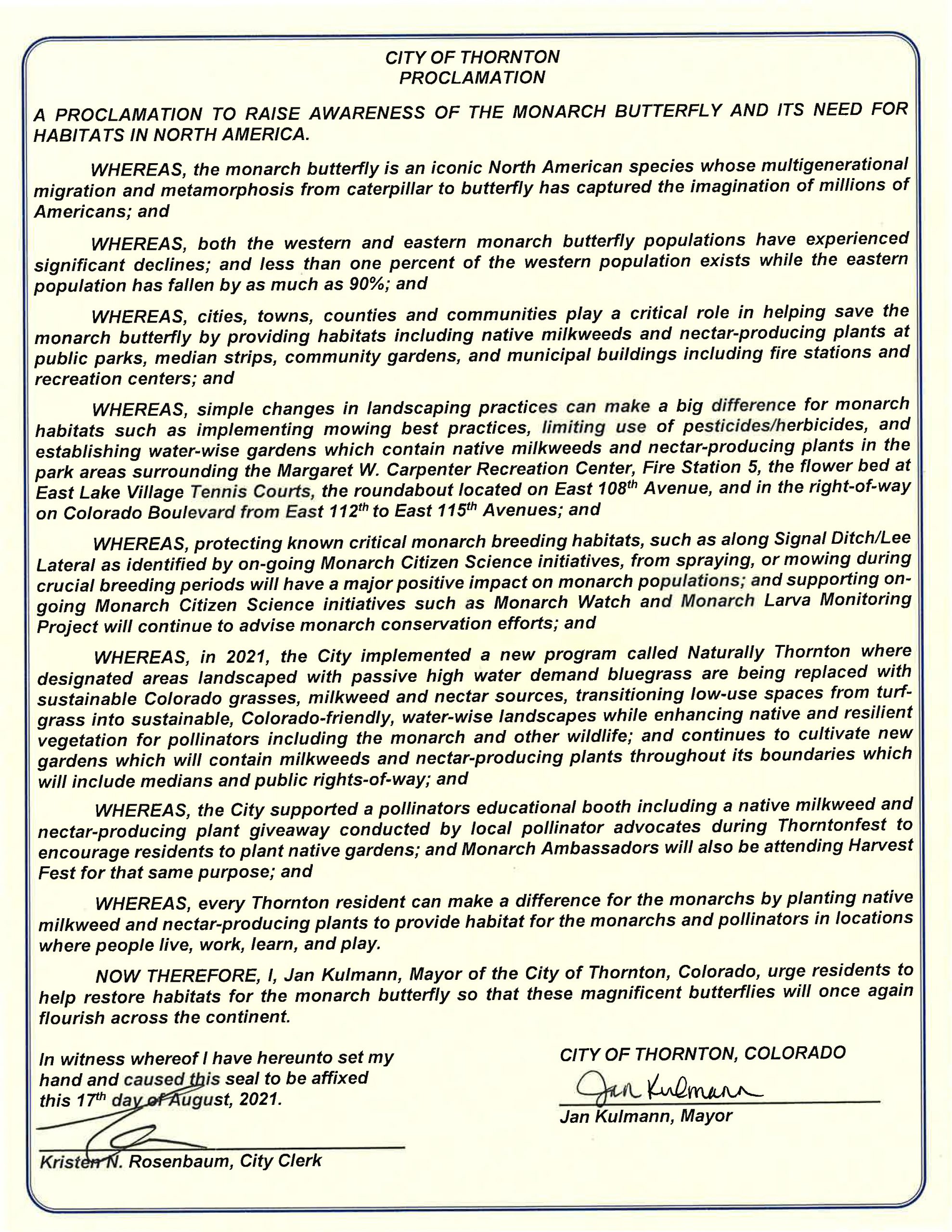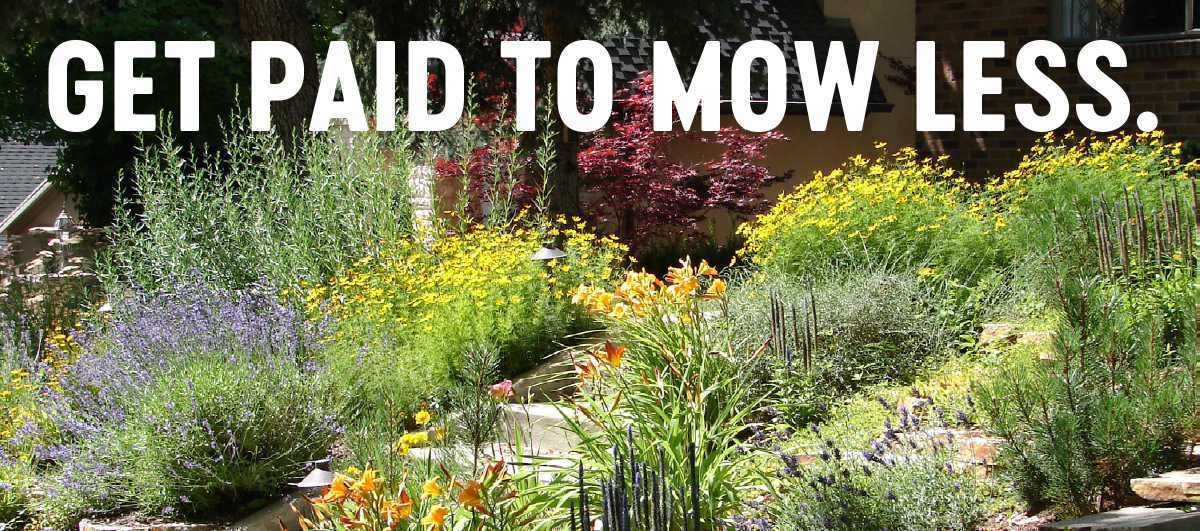Thornton’s Role in Helping a Species Thrive
Mayor Kulmann Signs Proclamation to Support Monarch Butterflies
As our weather cools down, monarch butterflies begin their long southern migration toward warm weather. Unfortunately, both western and eastern monarch butterfly populations have experienced significant declines in recent years due to insufficient habitats to support their life cycle.
Not only are monarch butterflies majestic to watch pollinate our gardens and landscapes, they are also an important food source for birds, small animals, and other insects that support the health of our planet. Since monarch butterflies have been experiencing varied threats to their survival, communities along the butterfly migration path are stepping in to help.
By signing the Monarch Butterfly Proclamation in August 2021, Mayor Jan Kulmann wants Thornton residents to be aware that making simple changes in residential and urban landscaping can make a big difference for monarch habitats.
The Proclamation identifies the park areas surrounding the Margaret W. Carpenter Recreation Center, Thornton Fire Station 5, the Eastlake Village Tennis Courts flower bed, the East 108th Avenue roundabout, and the right-of-way on Colorado Boulevard from East 112th to East 115th Avenues as protected habitats where Thornton Parks staff are changing landscaping practices.
It might be surprising, but a plant that is considered a “nuisance” in many farming and ranching areas is the best natural habitat for developing monarch caterpillars. Native milkweed is the only food source for monarch caterpillars and provides a protective environment for laying eggs and a critical energy source for creating their chrysalis which is slightly different from a moth cocoon. Strategically planting native milkweed and nectar-producing plants in residential and urban public parks, median strips, community gardens, and municipal landscaping is a great way to create an environment for the monarch butterfly.
Mayor Kulmann’s Proclamation outlined Thornton’s shift in mowing practices, limiting use of pesticides and herbicides, and establishing water-wise gardens with life-sustaining plants to demonstrate the city’s commitment to cultivating pollinator and monarch habitats.
Thornton is also working with local advocates to protect critical areas along the Signal/Lee Lateral Ditch by not spraying and mowing during breeding periods. Special areas like this have been discovered by Monarch Citizen Science initiatives such as Monarch Watch and Monarch Larva Monitoring Project that guide monarch conservation efforts.
In addition to shifting landscape maintenance operations, the city launched Naturally Thornton in 2021, where non-functional spaces landscaped with high-water demand bluegrass are being transitioned to support sustainable Colorado grasses and vegetation. This program includes enabling native milkweed and nectar sources to thrive and creating new locations for monarch butterfly habitats in the community.
Because Thornton residents can also make a difference, the city supported a pollinator educational booth during the 2021 Thorntonfest to encourage residents to plant native gardens at home, school, and even at work. Pollinator Advocates provided a native milkweed and nectar-producing plant giveaway to encourage residential participation.
You can learn more about creating water-wise and pollinator friendly habitats in your landscape at ThorntonWater.com/H2Overhaul and for more information on monarch butterflies, visit MonarchWatch.org.







